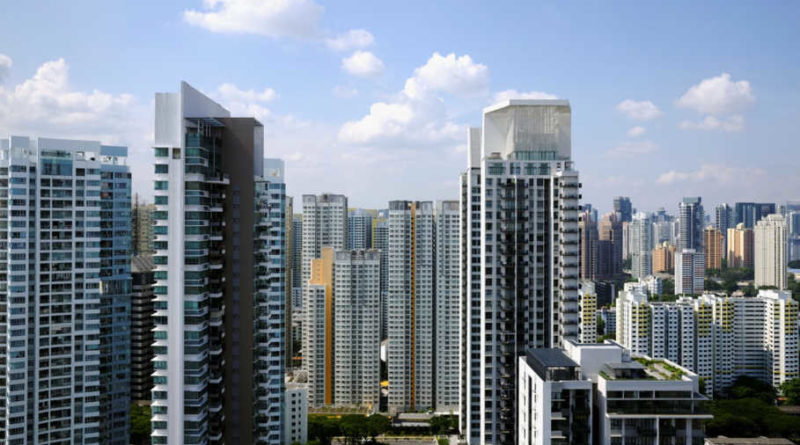BIZ: SINGAPORE- Oxfam Rejects Singapore Defense of Low Taxes
Oxfam on Wednesday rejected Singapore’s defense of its low taxes after the NGO ranked the wealthy city state among the 10 worst-offending countries in fueling inequality with its low-tax regime. (Reuters Photo/Kevin Lam
.
Singapore. Oxfam on Wednesday rejected Singapore’s defense of its low taxes after the NGO ranked the wealthy city state among the 10 worst-offending countries in fueling inequality with its low-tax regime.
Oxfam’s Commitment to Reducing Inequality (CRI) index ranked Singapore 149th of 157, below Afghanistan, Algeria, and Cambodia, and marginally higher than Haiti, Nigeria and Sierra Leone.
The index assesses social spending, taxation and labor policies. It ranked Denmark, Germany and Finland as the top three.
– SPACE RESERVE FOR YOUR ADVERTISEMENT –
.
Oxfam’s head of inequality policy, Max Lawson, said the impact of Singapore’s tax policy went beyond its borders, serving as a tax haven for the rich and big corporations.
“Singapore’s harmful tax practices mean that they are eroding the revenue of other countries in the region and globally, revenues that those countries could be investing in schools and hospitals,” Lawson told Reuters.
Singapore Social and Family Development Minister Desmond Lee said on Tuesday public service in terms of the standard of education and health care, as well as affordability of housing, spoke loudly about Singapore’s social policy accomplishments.
“Yes, the income tax burden on Singaporeans is low and almost half the population do not pay any income tax,” Lee said in a statement.
“Yet, they benefit more than proportionately from the high quality of infrastructure and social support that the state provides,” he said. “In Oxfam’s view, Singapore’s biggest failing is our tax rates, which are not punitive enough.”
Lee also said 90 percent of Singaporeans owned their homes and home ownership was 84 percent even among the poorest 10 percent of households. “No other country comes close,” he said.
“We set out to achieve real outcomes for our people – good health, education, jobs and housing – rather than satisfy a collection of ideologically driven indicators.”
Reuters
Email to : Pahulu Gan – Contributor | [email protected]











